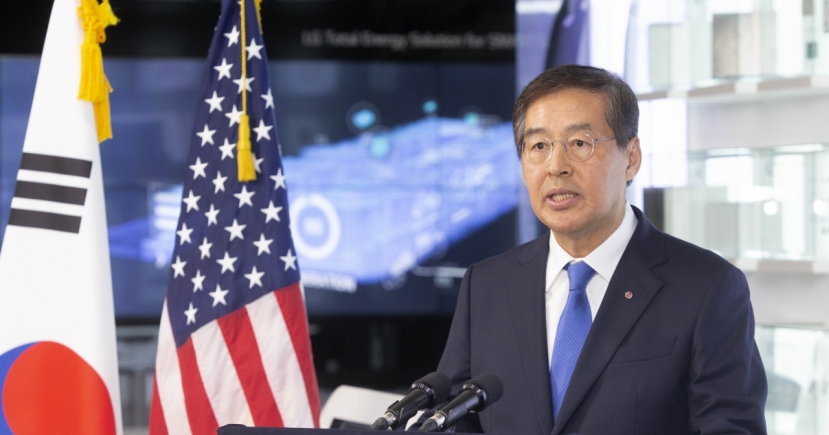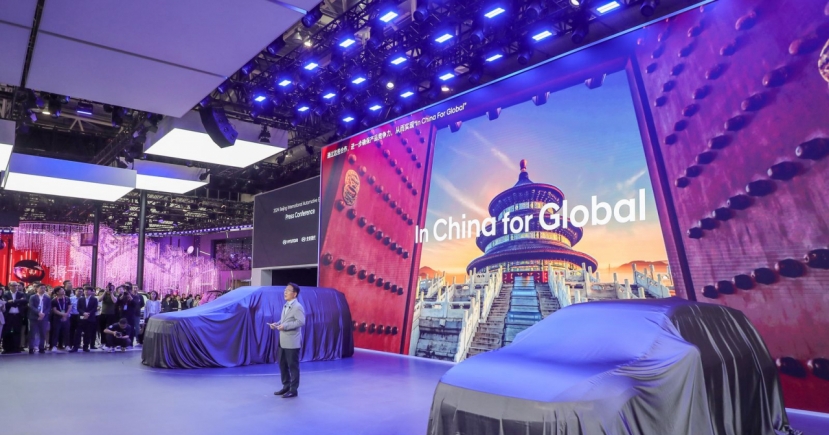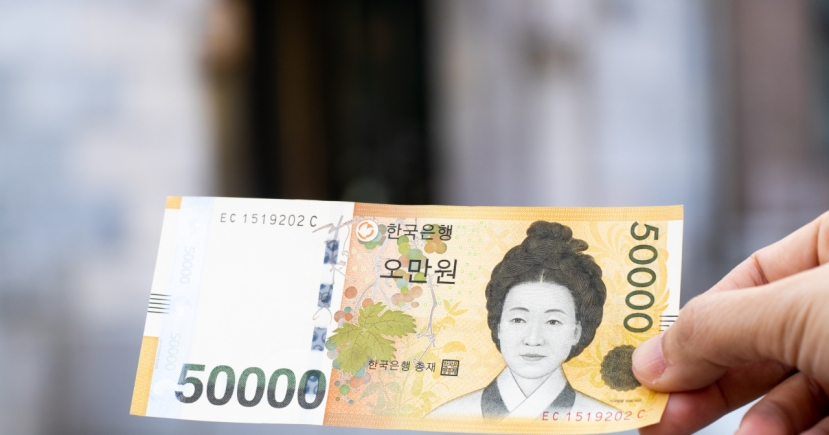Startups
[500 STARTUPS] ‘China’s rise in global startup scene is real’
[THE INVESTOR] SAN FRANCISCO – Although China has already surpassed Silicon Valley, stories of its vibrant startup scene are lesser known outside the country, according to Edith Yeung, partner at US accelerator 500 Startups and former entrepreneur, who has been leading a fund called Greater China since March this year.
“China is crazy in terms of investment and startup activities,” the Hong Kong native said in an interview with The Investor at the annual Premoney conference hosted by US accelerator 500 Startups for Silicon Valley investors.
“Americans, they are really good at telling stories and branding, but in China, everything is just happening, but no one is being told about it outside,”
 |
Edith Yeung |
Just by looking at some statistics helps those who are still unaware of the sizzling Chinese startup market get a gist of how big and vibrant it is at the moment, she said.
A first round funding, a type of early stage investment for startups, in China usually goes for US$1.3 million on average, at least 50 to 200 percent larger than that usually raised by an American startup, Yeung said, citing some industry data.
A recent report published by financial service provider KPMG showed that the Chinese venture capitalists, both private and public, invested more than US$31 billion in Chinese startups in 2016, up from US$27.4 billion in 2015.
“Conquering just one country, China, is really an uphill task, so you cannot think of the US or anywhere else,” she said.
The Chinese government is spending tens of billions of dollars to nurture a top-class startup ecosystem.
According to a Deloitte report, as of this year, China has 98 unicorns -- startups valued more than US$1 billion.
For three years before she was named head of the venture capital firm’s Chinese fund, Yeung was in charge of leading the Mobile Collective fund, investing in over 45 mobile, virtual reality and artificial intelligence companies, which are mostly based in Silicon Valley. She worked for Oracle from 2000 to 2006, and then at Sequoia-backed Chinese Android browser developer Dolphin Browser from 2011 to 2013, which was later sold to NASDAQ-listed gaming firm ChangYou. She also used to run her own business organizing media and networking conferences.
“Except coding, I did almost everything while working at those companies, and also on my own in Silicon Valley,” she said.
Touching on racial and gender discrimination, a hot topic in the Bay Area, Yeung said, non-Americans may have to do their part to overcome different types of discrimination that global startups running operations in Silicon Valley face.
“I usually introduce myself as a former engineer on purpose in order to relate to CEOs here,” Yeung said.
Hiring white Americans who look like typical locals and speak perfect English was her own way of doing business, rather surviving, in the B2B sector where sales deals usually take place through face-to-face meetings and negotiations.
“(Some) Americans discriminate. If you don’t speak perfect English and try to sell products, most people are not as open,” the 500 Startup partner said.
In the B2C sector, she said she had been trying to build services and products that understand customers and their habits to serve them better as most of communication with users takes place through the services and products.
“In summary, hire right people and try to understand users,” she advises international startups that want to come to Silicon Valley.
By Kim Young-won (wone0102@hearaldcorp.com)
This story was sponsored by the Samsung Press Foundation. - Ed.






![[KH Explains] Korean shipbuilding stocks rally: Real growth or bubble?](http://res.heraldm.com/phpwas/restmb_idxmake.php?idx=151&simg=/content/image/2024/04/25/20240425050656_0.jpg)
![[Hello India] Hyundai Motor vows to boost 'clean mobility' in India](http://res.heraldm.com/phpwas/restmb_idxmake.php?idx=151&simg=/content/image/2024/04/25/20240425050672_0.jpg)
